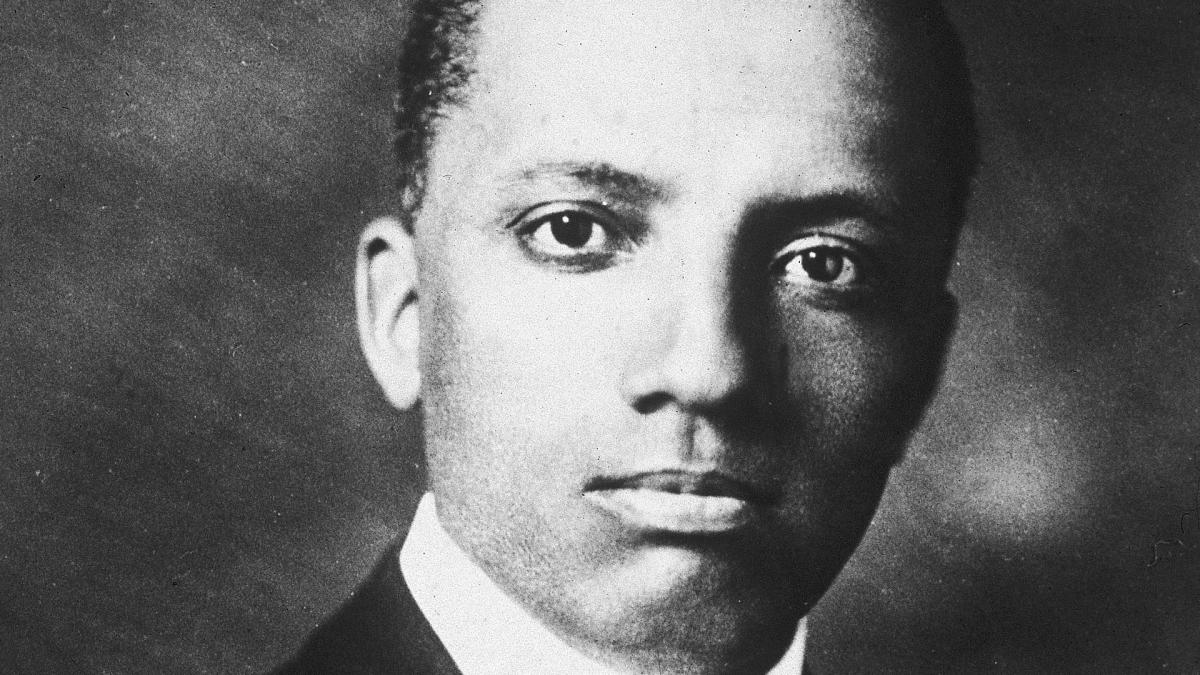During the dawning decades of the twentieth century, it was commonly presumed that black people had little history besides the subjugation of slavery. Today, it is clear that blacks have significantly impacted the development of the social, political, and economic structures of the United States and the world. Credit for the evolving awareness of the true place of blacks in history can, in large part, be bestowed on one man, Carter G. Woodson. And, his brainchild the Association for the Study of African American Life and History, Inc. is continuing Woodson’s tradition of disseminating information about black life, history and culture to the global community.
Known as the “Father of Black History,” Woodson (1875-1950) was the son of former slaves, and understood how important gaining a proper education is when striving to secure and make the most out of one’s divine right of freedom. Although he did not begin his formal education until he was [almost] 20 years old, his dedication to study enabled him to earn a high school diploma in West Virginia, his first undergraduate degree from Berea College in Kentucky, and bachelor and master’s degrees from the University of Chicago in just a few years. In 1912, Woodson became the second African American to earn a PhD at Harvard University.
Recognizing the dearth of information on the accomplishments of blacks in 1915, Dr. Woodson founded the Association for the Study of Negro Life and History, now called the Association for the Study of African American Life and History (ASALH).
Under Woodson’s pioneering leadership, the Association created research and publication outlets for black scholars with the establishment of the Journal of Negro History (1916) and the Negro History Bulletin (1937), which garners a popular public appeal.
In 1926, Dr. Woodson initiated the celebration of Negro History Week, which corresponded with the birthdays of Frederick Douglass and Abraham Lincoln. In 1976, this celebration was expanded to include the entire month of February, and today Black History Month garners support throughout the country as people of all ethnic and social backgrounds discuss the black experience. ASALH views the promotion of Black History Month as one of the most important components of advancing Dr.Woodson’s legacy.
In honor of all the work that Dr. Carter G. Woodson has done to promote the study of African American History, an ornament of Woodson hangs on the White House’s Christmas tree each year.
